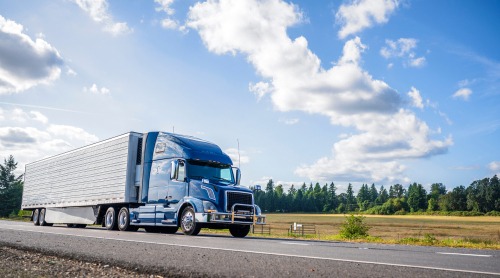
If last year’s proposed highway bill is a template for the upcoming version, it will mean bad news for truckers, the Owner-Operator Independent Drivers Association told the U.S. House Transportation and Infrastructure Committee in a letter this week.
The trucking organization wrote that if the bill is similar to the bill proposed last year, the organization will adamantly oppose it.
“Whether you’re a fleet owner, company driver, or owner-operator, last year’s legislation was bad news,” said Todd Spencer, president of OOIDA. “Hopefully, the Committee will fix the harmful, anti-trucking provisions from last year’s bill. Some of what they are considering will result in more crashes, not less!”
In anticipation of the Committee finalizing this year’s Highway Bill in the coming weeks, the organization wrote to the committee with its suggestions to improve the bill in ways that would support small trucking businesses.
Problems the organization had with the bill include increases in the federal liability insurance requirements from $750,000 to $2 million; time and/or distance caps on personal conveyance; the expansion of tolling authority via congestion pricing; automatic emergency brakes on all new trucks and sleep apnea screening and testing rules.
“The Highway Bill is supposed to promote growth, not destroy small businesses,” said Spencer. “In particular, we are concerned about insurance and tolling but would like to see the next highway bill modified to address all of our concerns.”
The group applauded the committee on its efforts to curb the growing trend of hiring B-1 drivers from Canada and Mexico.
“Over the last few years, there has been a rapid growth of Canadian and Mexican drivers with B-1 Temporary Business Visitor visas who work exclusively on U.S. long-haul trucking operations. In these cases, American carriers and their foreign subsidiaries are recruiting and employing underqualified Canadian and Mexican drivers to push down wages and employment opportunities for workers,” the group wrote. The consequences of the B-1 employment model include regular cabotage violations and the lowering of labor standards for U.S. truckers. OOIDA applauds the Committee for taking meaningful steps to address this growing problem, which threatens American jobs and highway safety. We encourage you to keep this section intact in the next reauthorization.”
The group also applauded the committee on its decision not to mandate speed limiters on trucks and not to allow drivers under the age of 21 to enter the long-haul industry.